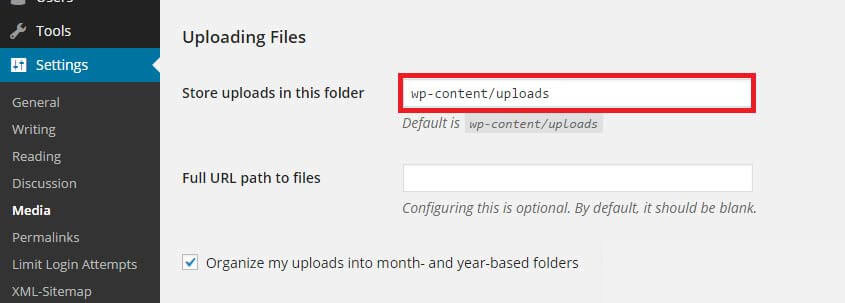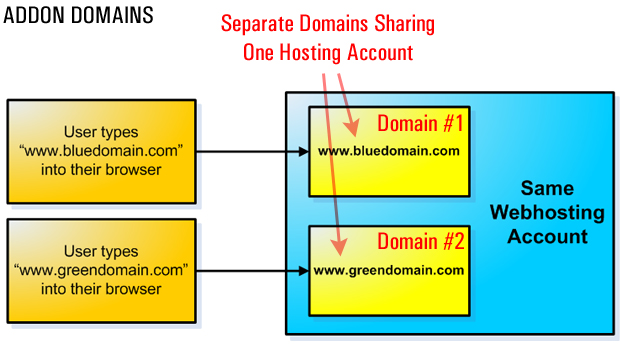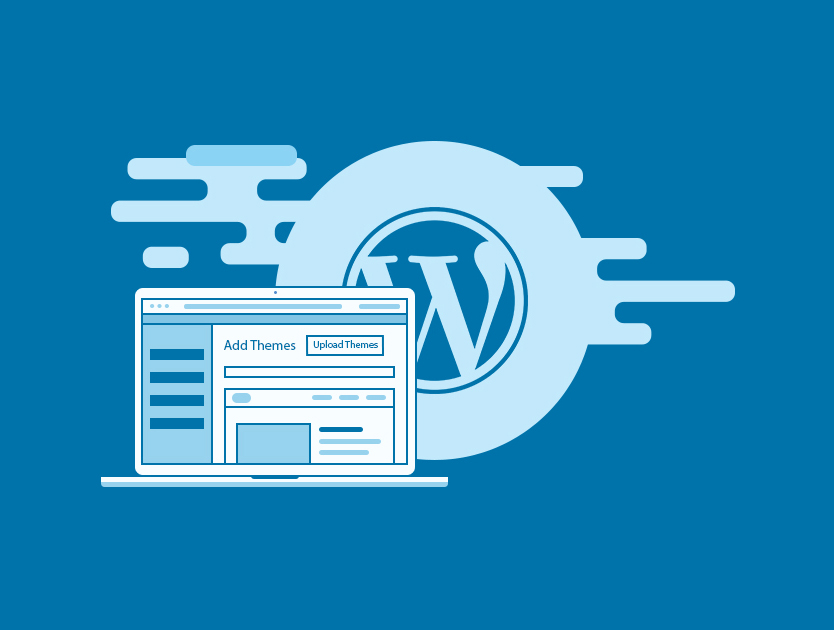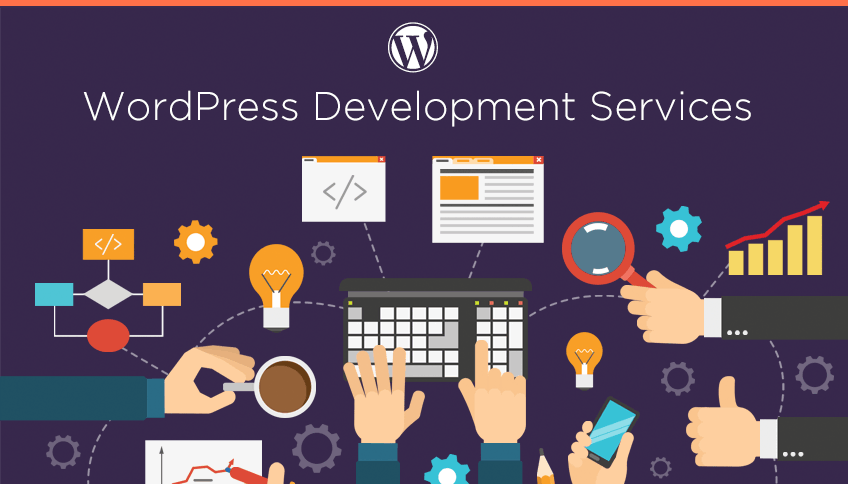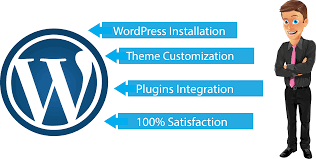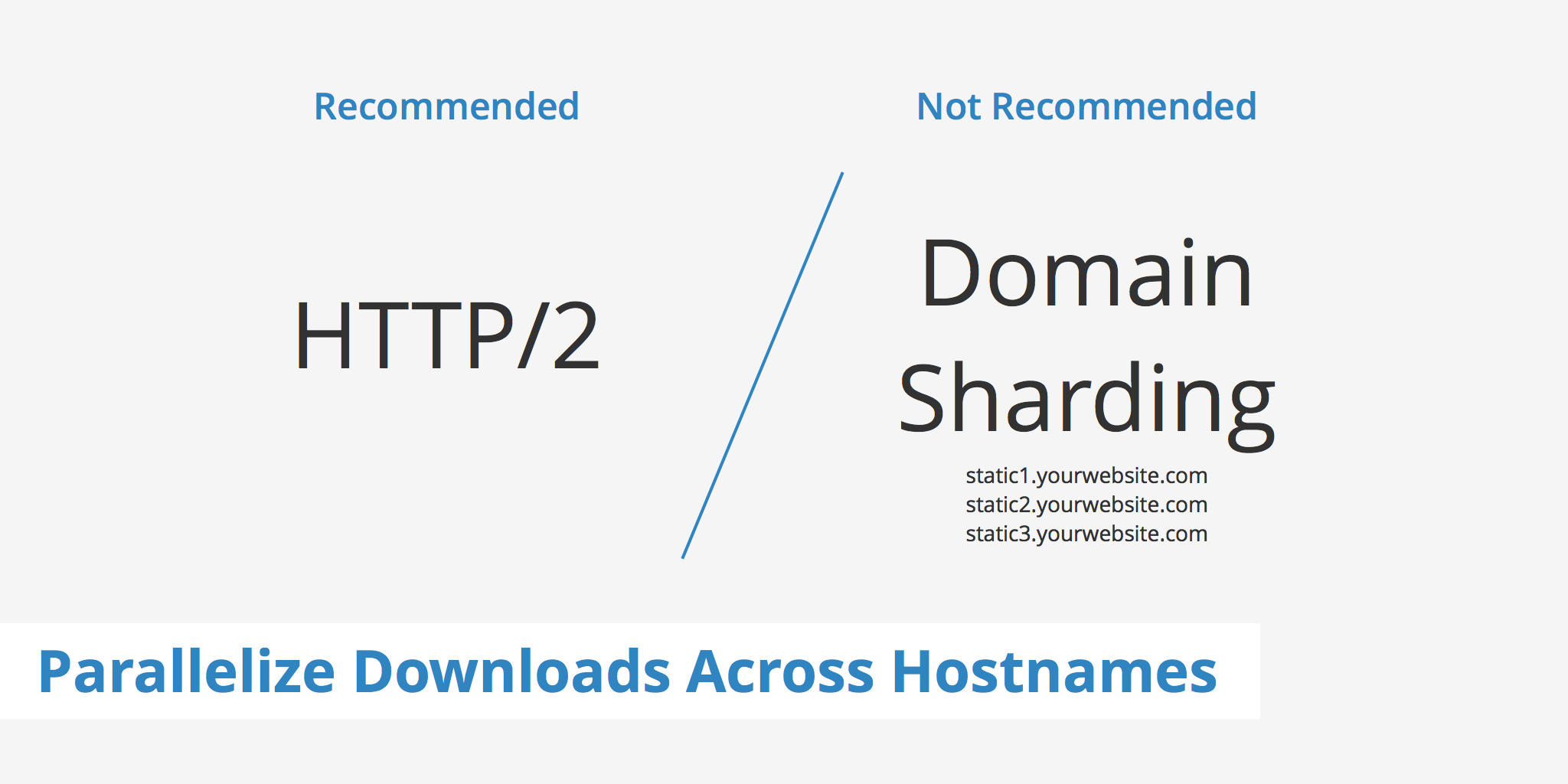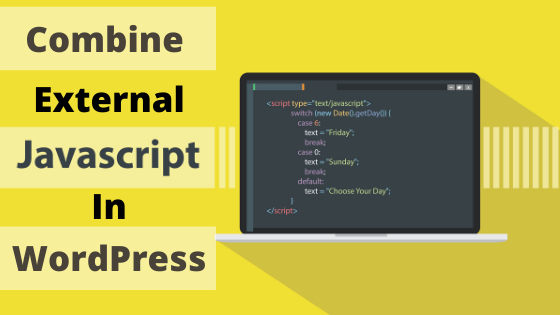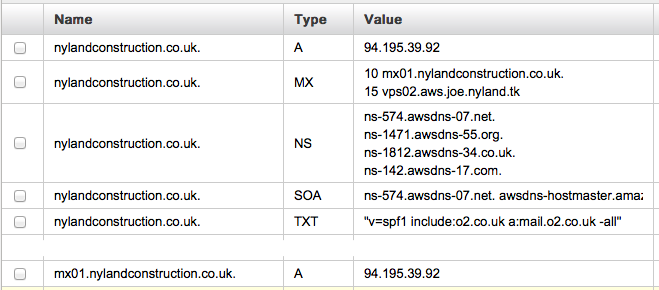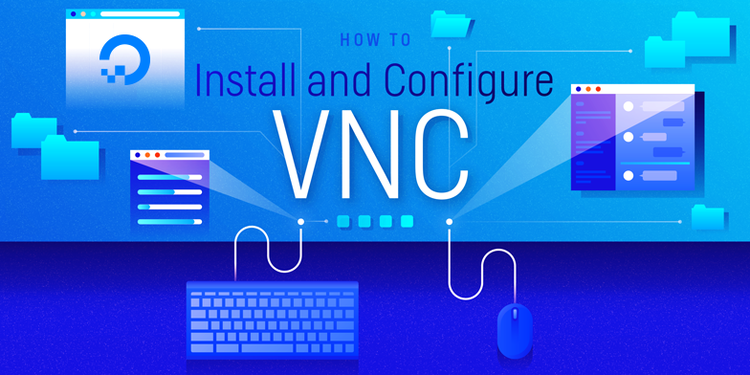Is its parent directory writable by the server?
There’s a bit of a debate in the PHP community about whether or not is it a good idea to check if the parent directory of a script is writable by the server. The blog is its parent directory writable by the server? The common arguments against it are that the server has to do extra work checking access rights to a directory which may not be necessary and could potentially lead to security issues.
This is a simple request that checks to see if the parent directory of a requested file is writable by the server. It also includes a parameter to check if the directory is writable.
The file is a Python file that you can edit to change the path to the file being requested. Save it as a .py file. Here’s the code:
#!/usr/bin/python
import os, sys
def directory writable(root dir,verbose):
if(directory writable(os.path.abspath(root dir),verbose) ):
When looking to deploy a blog is its parent directory writable by the server? otherwise, you may get an HTTP 500 Internal Server Error. If you get an HTTP 500 Internal Server Error error when installing WordPress, you need to check the permissions of the directory that you have installed WordPress in.
Using the wrong permissions can cause all sorts of problems, from installing plugins to updating the WordPress core.
A writable parent directory is a security risk. If the directory is writable by the server, then any user who can access the server can potentially write files to it. This is a security risk because the server has no control over what is written to it. When the server is running PHP, a malicious hacker could upload a PHP script and execute it, gaining access to the server, and controlling it remotely. This could potentially lead to a denial of service or even a complete compromise of the server. This blog post is its parent directory writable by the server? is just an example of one way in which a writable parent directory can be exploited. There are many other ways, and you should never rely on the security of a directory.
Conclusion
This is an important security feature that prevents directory listings and keeps your site safe from unwanted intruders. If you are seeing this message, it’s possible that your server is not properly configured. Please contact the company that provided your web hosting service to help you get this resolved.

